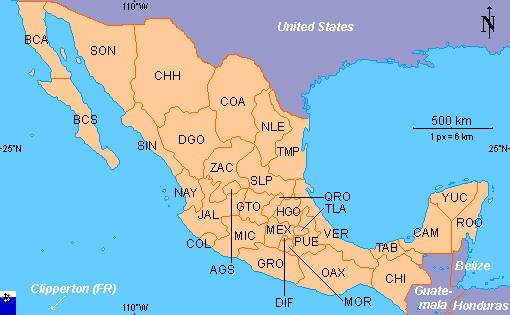 RÍO BRAVO, Mexico — These days, it is easy to form the impression that a war is going on in Mexico. Thousands of elite troops in battle gear stream toward border towns and snake through the streets in jeeps with .50-caliber machine guns mounted on top while fighter jets from the Mexican Navy fly reconnaissance missions overhead.
RÍO BRAVO, Mexico — These days, it is easy to form the impression that a war is going on in Mexico. Thousands of elite troops in battle gear stream toward border towns and snake through the streets in jeeps with .50-caliber machine guns mounted on top while fighter jets from the Mexican Navy fly reconnaissance missions overhead.Gun battles between federal forces and drug-cartel members carrying rocket-propelled-grenade launchers have taken place over the past two weeks in border towns like Río Bravo and Tijuana, with deadly results.
Yet what is happening is less a war than a sustained federal intervention in states where for decades corrupt municipal police officers and drug gangs have worked together in relative peace, officials say. The federal forces are not only hunting cartel leaders, but also going after their crews of gunslingers, like Gulf Cartel guards known as the Zetas, who terrorize the towns they control.
Read the whole article.
Importance: This article is really cool if you think about it. If you compare Mexico's drug war to the U.S.'s this article shows exactly how two countries so close with the same problem handle the problem in two completly different ways. It's also interesting that neither one seems to be fixing the problem...
Grade this post.




























